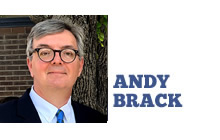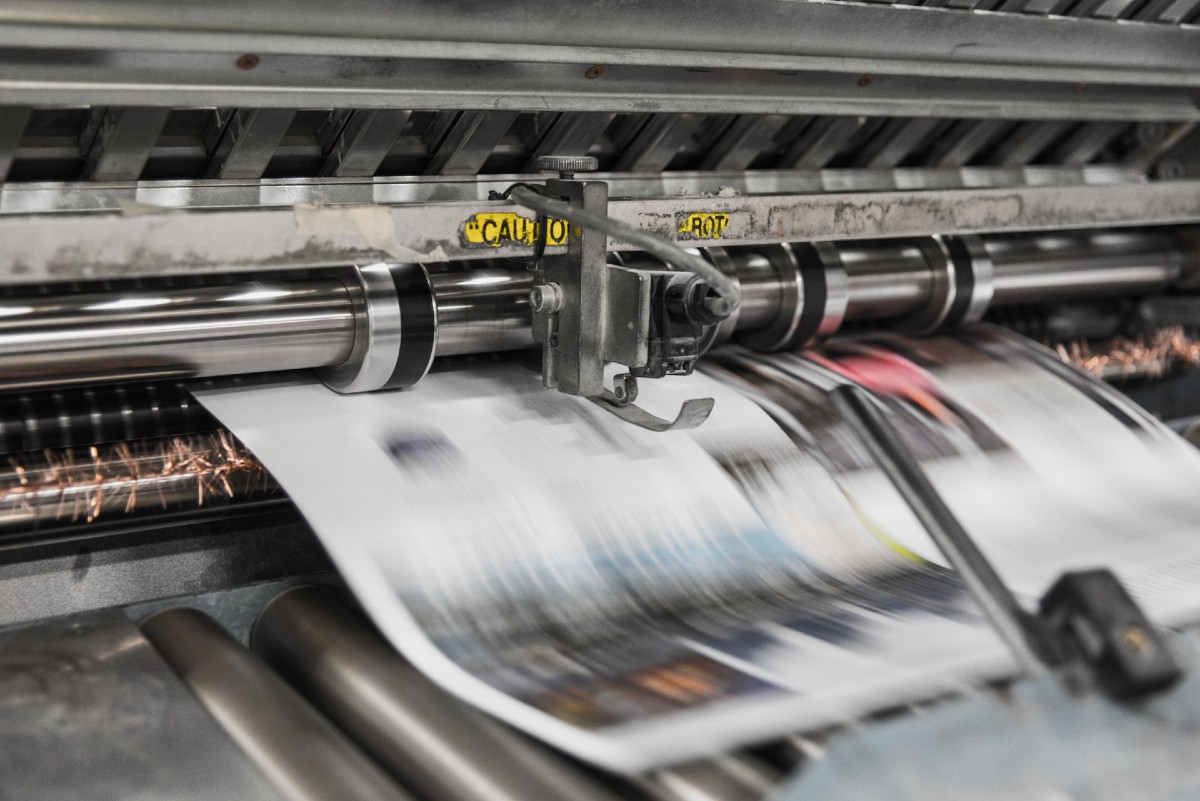By Andy Brack, editor and publisher | When word came this week that a former journalism professor passed away, it led to thoughts about how people’s consumption and understanding of news has evolved.
 For 50 years, Donald Shaw taught students at the University of North Carolina’s journalism school, arguably one of the best in the nation. A man who sometimes seemed the stereotype of the absent-minded professor, he was wickedly smart as he labored to drill the tenets of basic newswriting and editing into the thick skulls of know-it-all grad students, some of whom would become know-it-all columnists.
For 50 years, Donald Shaw taught students at the University of North Carolina’s journalism school, arguably one of the best in the nation. A man who sometimes seemed the stereotype of the absent-minded professor, he was wickedly smart as he labored to drill the tenets of basic newswriting and editing into the thick skulls of know-it-all grad students, some of whom would become know-it-all columnists.
During this training, Shaw’s mild but tough manner belied something that he didn’t talk much about: how he was a rock star in academic journalism circles. In the early 1970s, he and a colleague published research on how the media helped to set the agenda of people in a democracy. That may seem obvious today, but in pre-Internet days, this was the stuff from which legends are made.
In a groundbreaking paper followed by more research and a book, the authors described how news gatherers helped to shape political reality: “Readers learn not only about a given issue, but also how much importance to attach to that issue from the amount of information in a news story and its position. In reflecting what candidates are saying during a campaign, the mass media may well determine the important issues — that is, the media may set the ‘agenda’ of the campaign.”
When there were just a few networks and every town of any size had a newspaper, media were powerful voices in our communities. But as the Internet evolved, they started losing ground in influencing people.
Just look at how political campaigns have changed. When Shaw published his research, candidates relied on advertising, news stories and person-to-person organizing to prevail. But then came more sophisticated methods of politicking — polling, opposition research, professional fundraising, direct mail, websites and a broad array of ways to advertise and spend money.
Similarly, messaging changed. Today’s newspapers remain influential, but no longer rule the roost. In 2020, for example, 10 newspapers stopped printing in South Carolina, The Post and Courier recently reported. And because anyone now has the ability to publish information through the Internet, everyone is a publisher. These days, the noise of so much information is awfully loud.
While news organizations no longer have a stranglehold on what information consumers get, it’s caused a problem that Shaw’s agenda-setting couldn’t envision — a glut of information that’s so hard to sift through that noxious data creeps in to blur the truth. The cacophony of misinformation, disinformation and outright lies that are out there — along with ploys by foreign governments to create disharmony by using fake news reports to replace reality — is threatening societal norms.
So here are a few tips on how to be a more discriminating consumer of news thanks, in part, to a story in Scientific American.
Don’t overdose on news. The more news that you consume isn’t necessarily better. It can lead to feeling overwhelmed and anxious. Get what you need, but turn off the news so you don’t overdose.
Go past the headlines. Soon-to-retire news anchor Bill Sharpe of Charleston recently described how television news often provides headlines and how news consumers need to go to newspapers to learn more details. Six or seven words don’t tell a full story. To understand more about issues, you have to do some homework.
Check the facts. If something sounds fishy, it may well be. So use the power of the Internet to check other sources to see if the information is accurate. A couple of trusted journalism sources: PolitiFact.com and FactCheck.org.
Diversify. Read credible sources outside your comfort zone to get a fuller picture. Credible news organizations should offer more than one viewpoint in a story. But you should also check various sources. If you generally watch TV only, go to a national newspaper website to verify something. Remember: the Facebook algorithm feeds you what it thinks you want to read. Move beyond that to make sure things are what they purport to be.
These days, we’ve got to work a little harder to make sure what we’re reading is true. Verify. Then trust.
Andy Brack is editor and publisher of Charleston Currents, and publisher of the Charleston City Paper. Have a comment? Send to: editor@charlestoncurrents.com.




 We Can Do Better, South Carolina!
We Can Do Better, South Carolina!
























